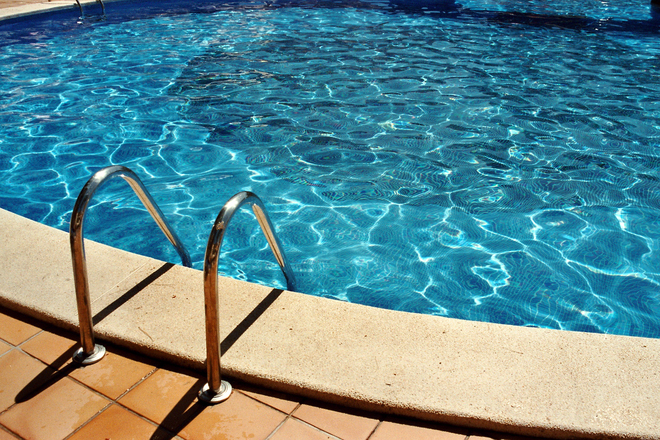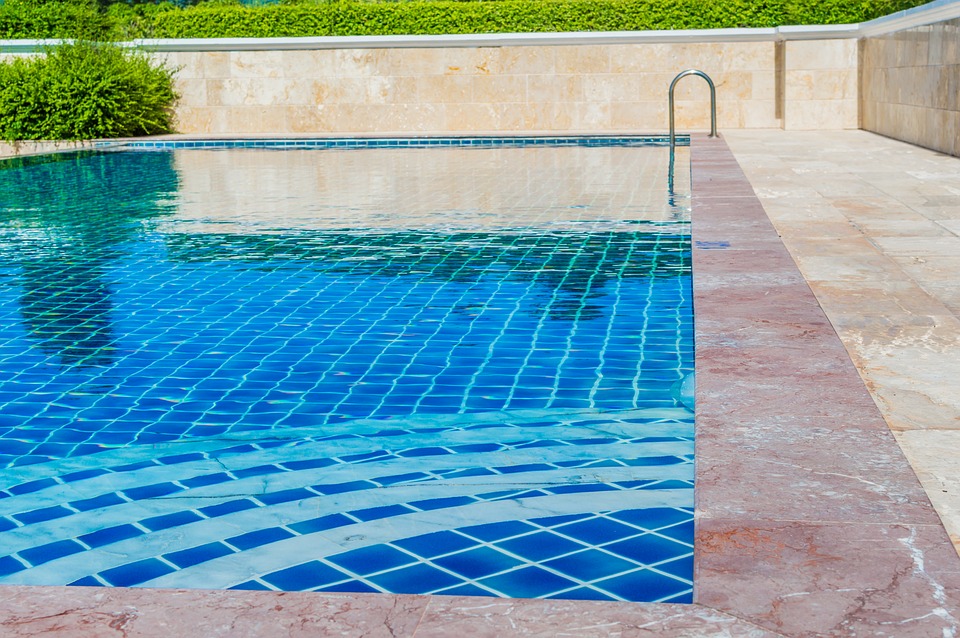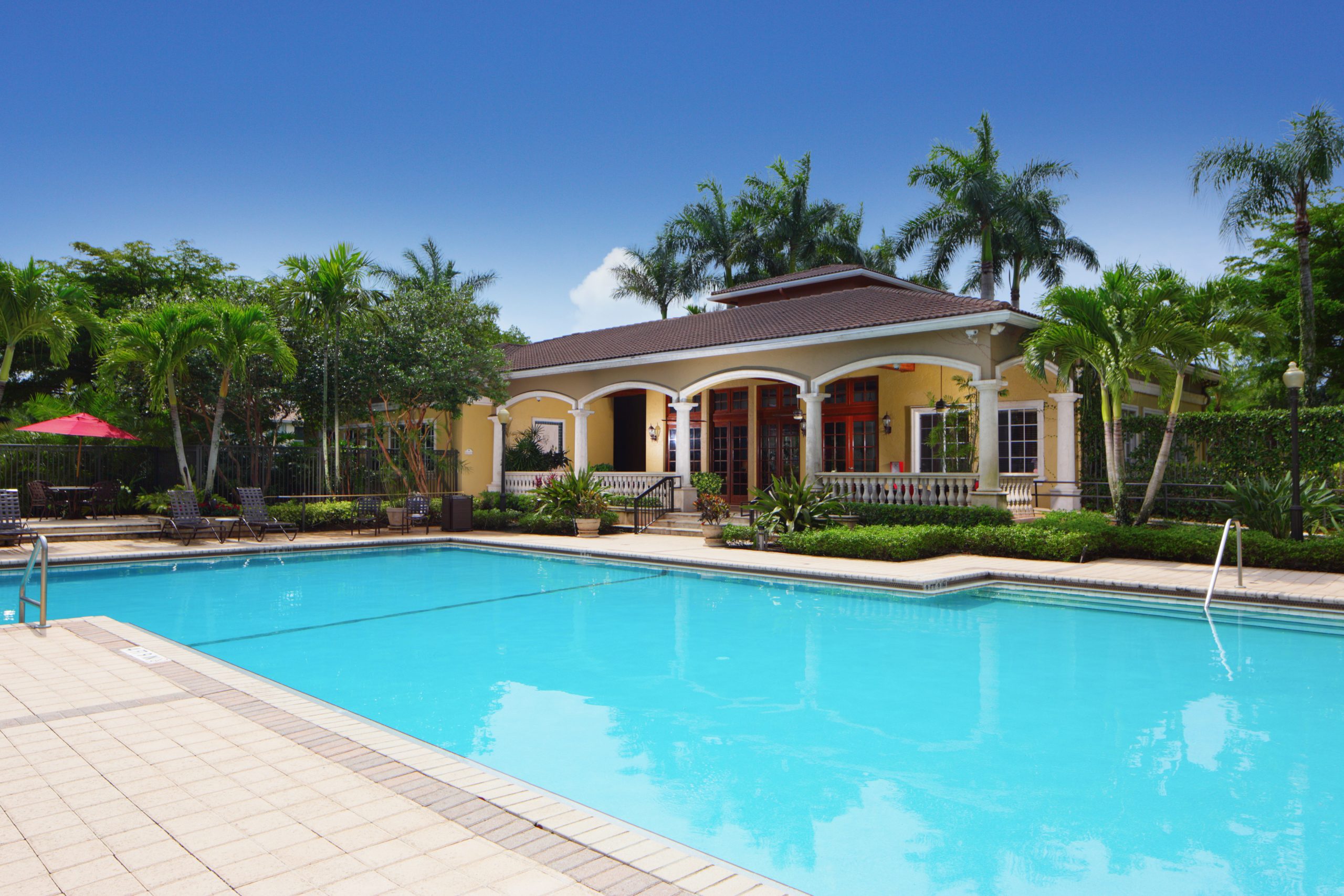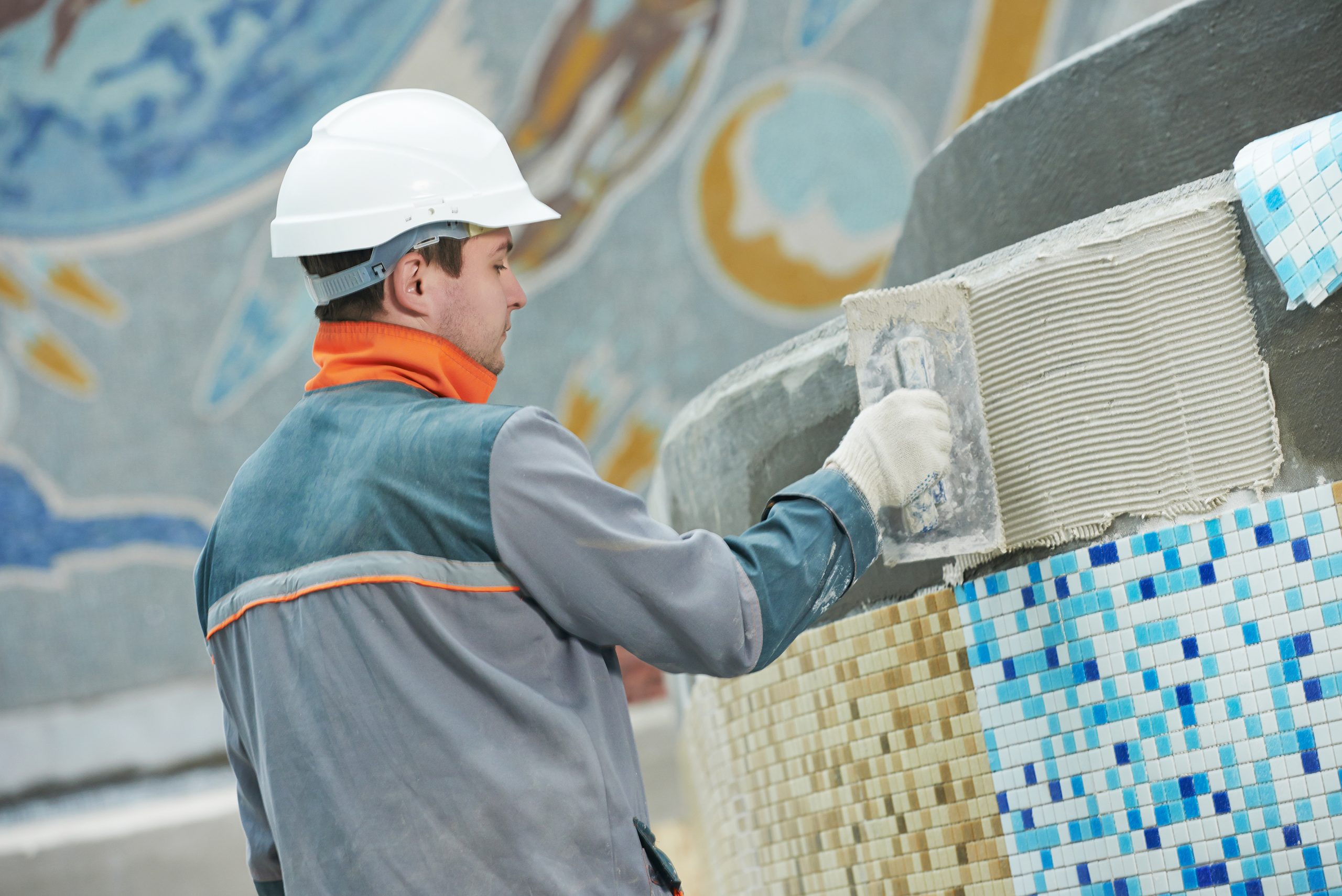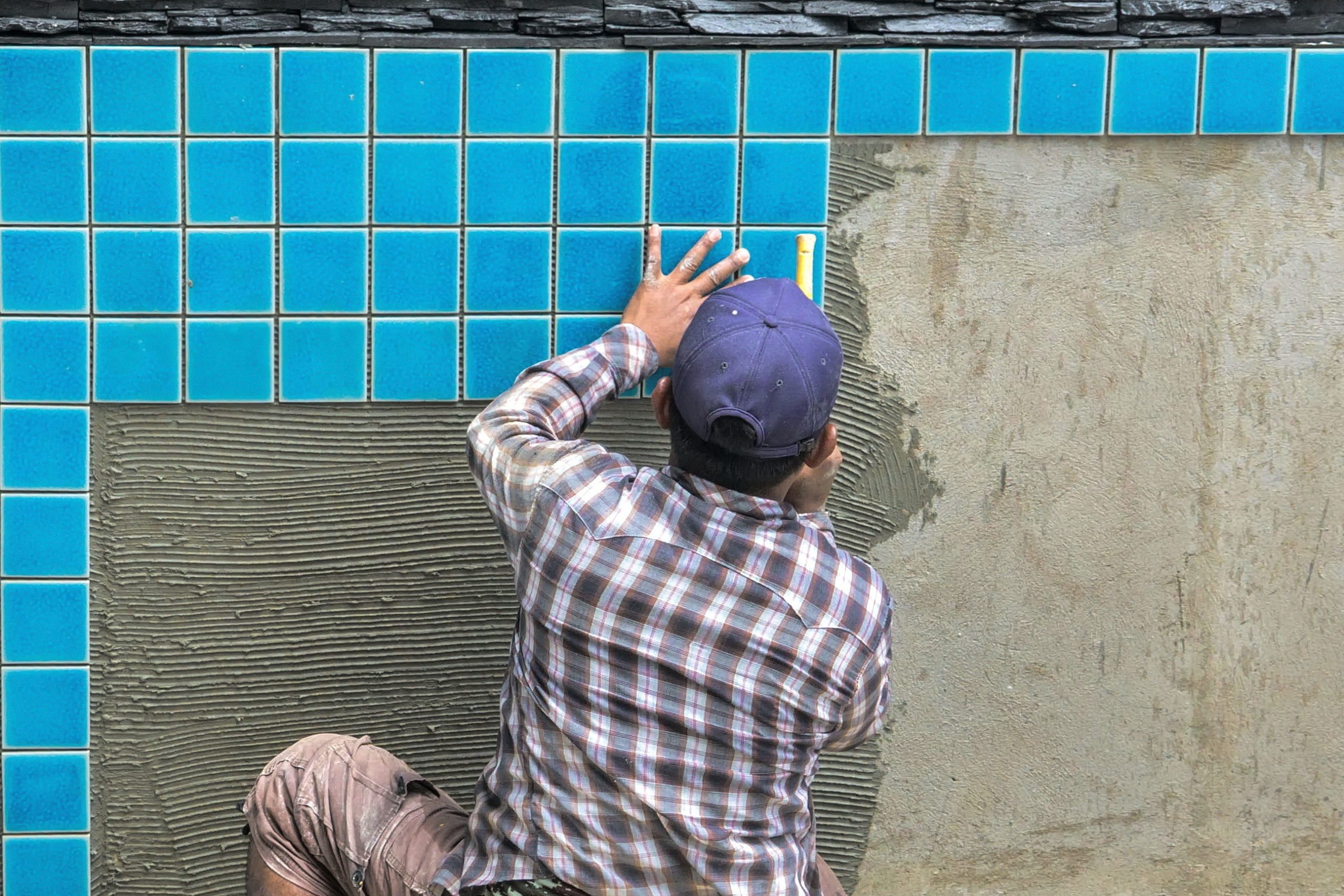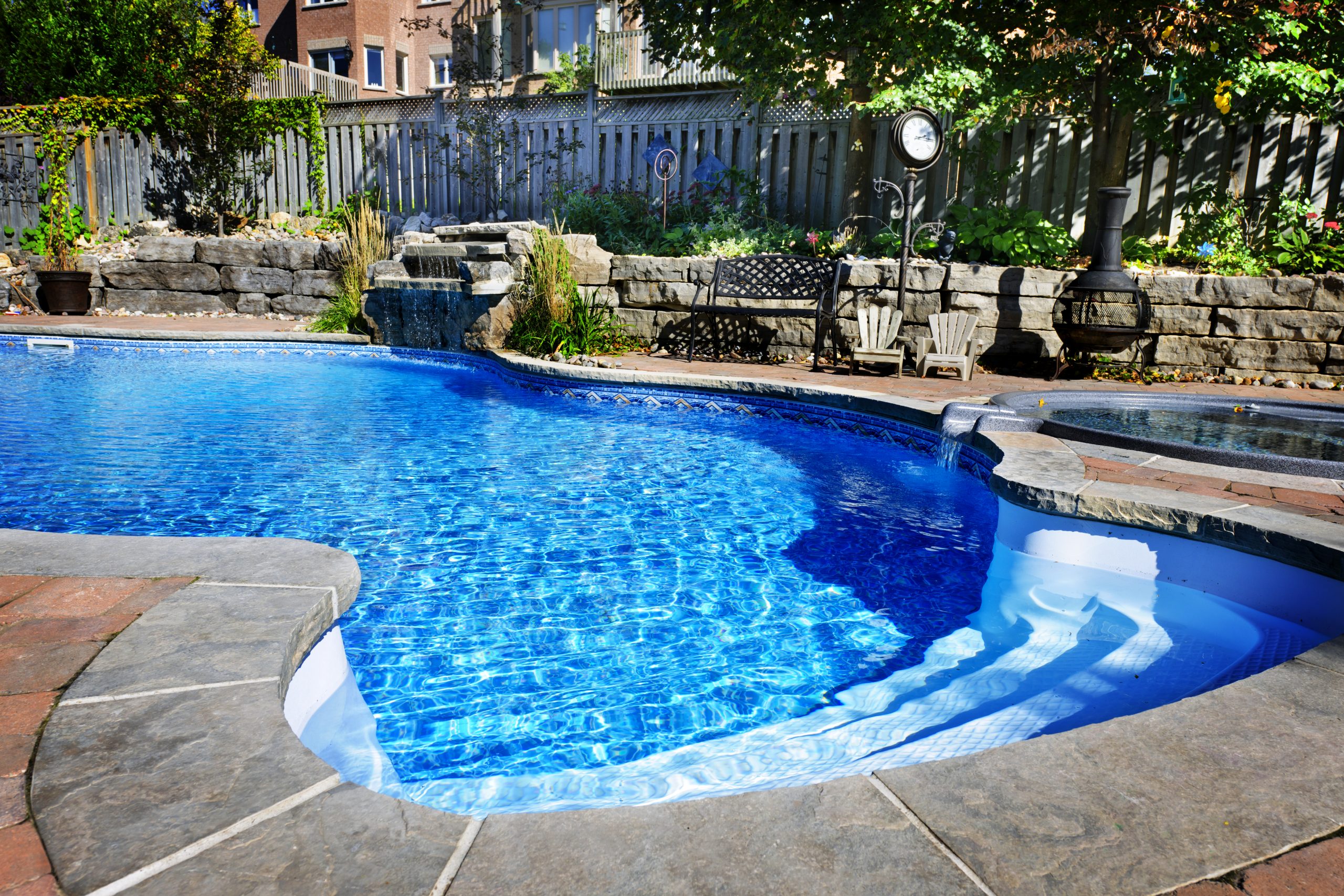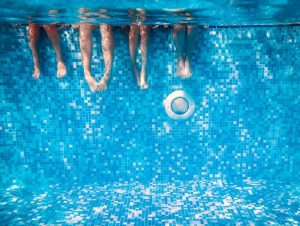Fiberglass pools in Missouri are an excellent option for homeowners that want to enjoy all of the fun that comes with swimming and relaxing in their backyard without having to worry about copious amounts of pool maintenance. Why? Because, when compared to other pool types, the cost and effort of maintaining a fiberglass pool are much less.
While your new fiberglass pool might be easier to maintain, that doesn’t mean there is no maintenance involved. You will still want to work with a professional pool maintenance service to ensure your pool remains in its best shape. Some of the different maintenance a fiberglass pool may require includes:
Water Chemistry Maintenance – Regular testing and adjusting of your water’s chemistry are necessary to ensure everything is balanced correctly. Using a good test kit, you will be able to test the sanitizer, pH, and total alkalinity levels of your pool and then adjust accordingly to prolong the life of your equipment and keep your pool safe for swimming.
Fiberglass Cleaning – Regular brushing, skimming, and vacuuming will handle most of the routine cleaning maintenance your pool will require. It is crucial to remember that a fiberglass pool’s smooth, gel-coat surface requires less brushing and overall cleaning than other options.
Surface Maintenance – When you clean the water in your pool, don’t forget to also clean the surface. A sponge or soft rag with non-abrasive cleaner is usually all you need to remove all of the built-up body oils, suntan lotions, and other contaminants that can begin to gather around the pool wall.
Maintaining Water Level – To ensure optimal operation, you want to keep your pool’s water level in the center of the skimmer plate. This helps keep your skimmer optimized for performance and makes it easier to avoid potential swimming pool repairs.




